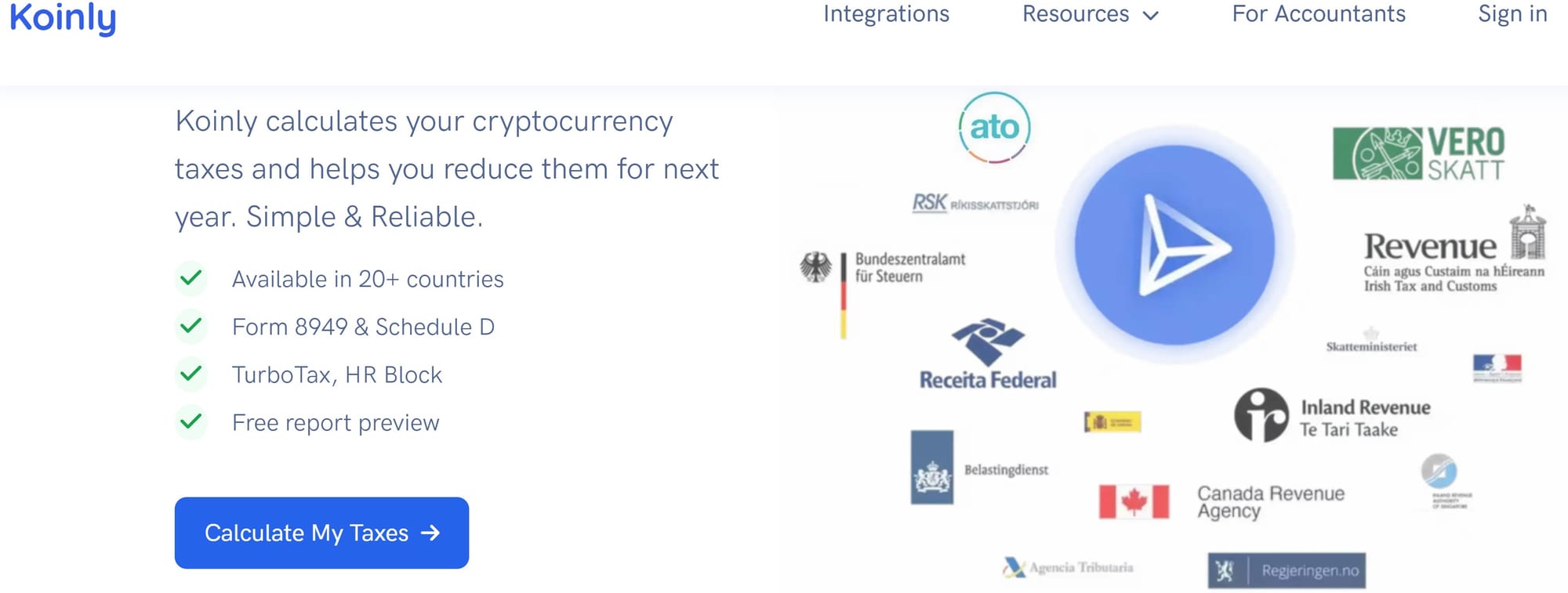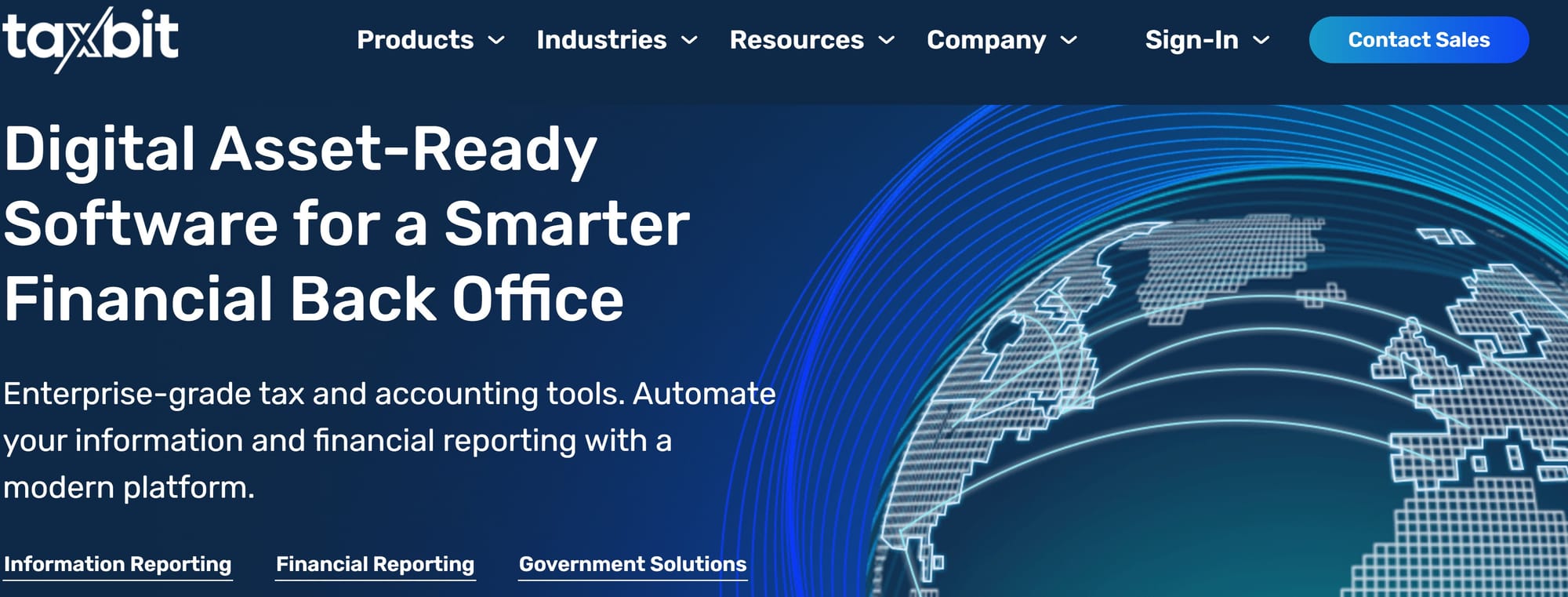Taxes on Crypto Mining: How to Report Your Earnings
Mining crypto isn’t tax-free. In 2025, the IRS treats mining rewards as income the moment you earn them. This guide explains how to report mining income, track capital gains.

Cryptocurrency mining isn’t just a technical hobby anymore. If you’re earning from mining, the IRS considers it taxable income. That means it’s not just your GPU doing heavy lifting—your tax paperwork will too.
Whether you're solo mining or using a pool, your crypto rewards count as income the moment you receive them. Later, if you sell, swap, or spend that crypto, you may face additional taxes on any gains. So, you’re looking at two tax events, not one.
The problem? Many miners don’t realize how complex crypto tax reporting can get. Between fluctuating market values, gas fees, and power bills, you need a clear strategy. The good news? With the right tools and knowledge, you can stay compliant and even reduce your tax bill legally.
This guide breaks it all down. You’ll learn how mining income is taxed, the best reporting tools, and smart ways to save on crypto mining taxes.
How Mining Income is Taxed
Cryptocurrency mining income is subject to taxation, and understanding its classification is crucial for accurate reporting.
Mining as Income vs. Capital Gains
- Mining as Income: When you successfully mine cryptocurrency, the fair market value of the coins at the time of receipt is considered ordinary income. This amount should be included in your gross income for the tax year.
- Capital Gains: If you later sell, exchange, or use the mined cryptocurrency, any change in its value from the time you received it to the time of disposition results in a capital gain or loss. The nature of the gain—short-term or long-term—depends on how long you held the cryptocurrency before disposing of it.
Best Tools for Crypto Tax Reporting
Understanding these distinctions helps ensure compliance with tax obligations related to cryptocurrency mining activities. Managing cryptocurrency mining taxes can be complex, but utilizing specialized tax software can simplify the process. Here are some top tools to consider:
Koinly

Koinly is a user-friendly crypto tax software that supports over 20,000 cryptocurrencies and integrates with more than 300 exchanges and wallets. It automatically calculates your gains, losses, and income, providing detailed tax reports.
CoinTracker

CoinTracker is a popular choice due to its ease of use and extensive support for over 10,000 coins. It integrates with most major exchanges and wallets, automatically tracks transactions, calculates profits or losses, and prepares tax reports.
TurboTax Crypto

TurboTax, a well-known tax preparation software, offers a crypto-specific feature that allows users to import their crypto transactions and generate necessary tax forms. It integrates with various crypto tax platforms like CoinLedger for seamless filing.
ZenLedger

ZenLedger is ideal for those with complex cryptocurrency investments, including DeFi, NFTs, and staking. It integrates with TurboTax and TaxAct, simplifying the tax filing process.
TaxBit

TaxBit is a powerful tool for both individuals and businesses, simplifying tax reporting with automation and providing easy-to-understand reports.
Strategies to Reduce Your Mining Taxes
Crypto miners can reduce their tax burden legally with smart planning. The IRS allows deductions for certain mining-related expenses. Knowing what qualifies is key to keeping more of your rewards.
Deductible Mining Expenses
If you mine as a business, you may deduct:
- Electricity bills for mining rigs
- Hardware purchases, including GPUs and ASICs
- Cooling systems and ventilation equipment
- Home office expenses (if used solely for mining)
- Internet costs used to support mining operations
Keep detailed receipts and records. Without documentation, you risk losing those deductions during an audit.
Holding Strategy for Capital Gains
If you hold mined crypto after earning it, the price may increase. Selling later could mean long-term capital gains, which are taxed at a lower rate. But if you sell within a year, you’ll pay short-term capital gains tax, which matches your regular income tax rate.
Timing matters. Holding longer may lead to a lower tax rate.
Retirement Accounts and LLC Options
Some advanced miners operate under an LLC or S-corp to optimize deductions. Others invest mining income into crypto-friendly retirement accounts to delay taxes.
Always consult a tax advisor before using advanced strategies. Missteps can lead to penalties or reclassification by the IRS.
Conclusion
Crypto mining can be rewarding, but tax compliance isn’t optional. Every mined coin has a tax footprint. You must report mining income, track coin values, and calculate gains correctly when selling or trading.
Using a reliable crypto tax reporting tool like Koinly or CoinTracker saves time and lowers your risk. These platforms automate transaction tracking, making it easier to file taxes accurately.
Beyond software, it’s vital to understand the difference between income and capital gains. Mining adds crypto to your wallet. Selling it later creates a second tax event. If you’re unsure, work with a qualified tax professional.
Finally, stay updated. Crypto tax rules evolve fast. Keeping records now can prevent problems later.
FAQs
Do I need to pay taxes on mined crypto?
Yes. The IRS treats mined cryptocurrency as income. You must report the fair market value of the coins on the day you receive them. This income is taxable, even if you don’t sell the crypto right away.
How do I report crypto mining on my tax return?
Report your mining income as self-employment or hobby income, depending on your mining activity. Use IRS Form 1040 Schedule C for business income. You’ll also need to report capital gains if you later sell mined coins.
Can I deduct electricity costs for mining?
Yes, if you mine as a business. Electricity used for mining can be deducted as a business expense. Make sure to keep detailed records and separate personal use from mining use.
Are mining rewards taxed differently than trading?
Yes. Mined crypto is taxed as income when earned. Trading crypto triggers capital gains taxes. You may owe both if you mine and later sell the same coins.




